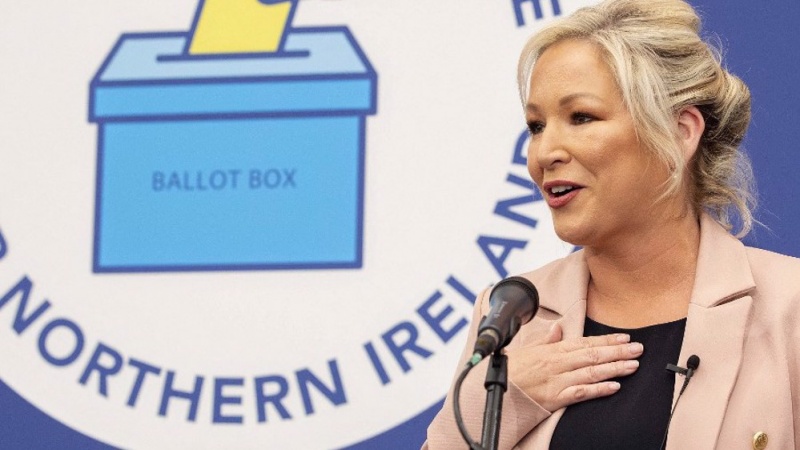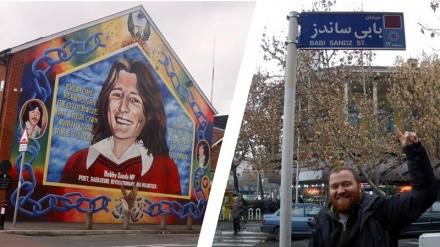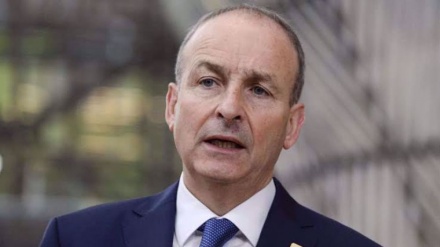Sinn Fein party hails ‘new era’ for Northern Ireland after historic win
Sinn Fein Leader Michelle O’Neill has acclaimed a "new era" for Northern Ireland as her party has become the first nationalist party to win the most seats in the Northern Ireland Assembly in its 101-year history.
As counting concluded in the early hours of Sunday morning, the final results showed Sinn Fein party secured 27 of the assembly’s 90 seats, pushing the Democratic Unionist Party (DUP) which has 25, into second place.
The cross-community Alliance Party scored its strongest ever result with 17 seats – firmly establishing itself as a third pillar in the political system in Northern Ireland.
“It’s a defining moment for our politics and for our people. Today ushers in a new era which I believe presents us all with an opportunity to reimagine relationships in this society on the basis of fairness, on the basis of equality, and on the basis of social justice, irrespective of religious or social backgrounds,” O'Neill, Sinn Fein Vice-President and the first minister elect, said.
Sinn Fein has been in power at Stormont (parliament building) with other parties for 15 years and has promised to make the region work – but it sent a stark message to Britian Prime Minister Boris Johnson’s government that a referendum on a united Ireland was now on the agenda.
It was time for Ireland north and south to discuss a new, shared island, she said. “Let’s have a healthy debate about what our future looks like.”
Previously the biggest party in Northern Ireland Assembly, the DUP resigned from the first minister role in February in protest at the Northern Ireland Protocol. Because of the power-sharing rules, the move forced O’Neill to also step down.
Under a mandatory power-sharing system created by the 1998 peace agreement that ended decades of Catholic-Protestant conflict, the jobs of first minister and deputy first minister are split between the biggest unionist party (those who want Northern Ireland to remain part of the UK) and the largest nationalist one (those who want Irish unity).
The multi-party cabinet is also made up of nationalist and unionist parties, with the DUP and Sinn Fein being the two largest at the moment.
Both posts must be filled for a government to function, but the DUP has suggested it might not serve under a Sinn Fein first minister and indicated it could boycott the government, rather than see a nationalist first minister.
ME



